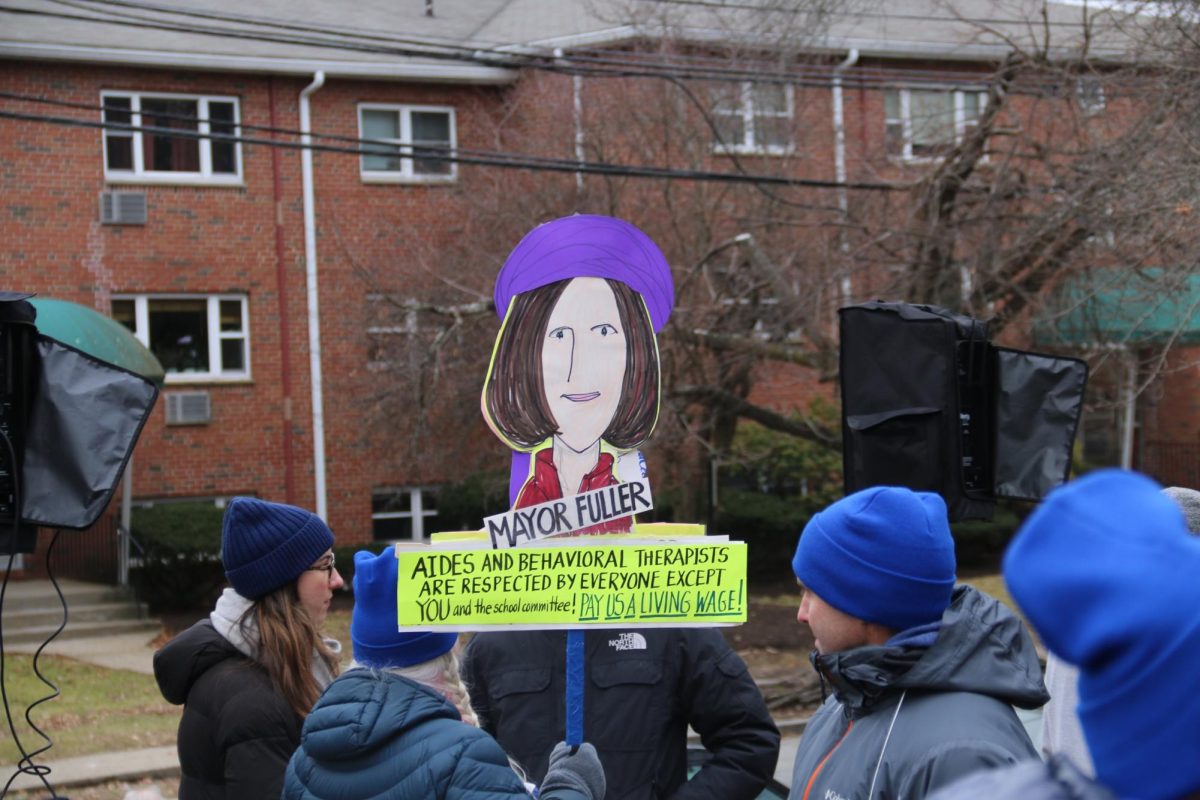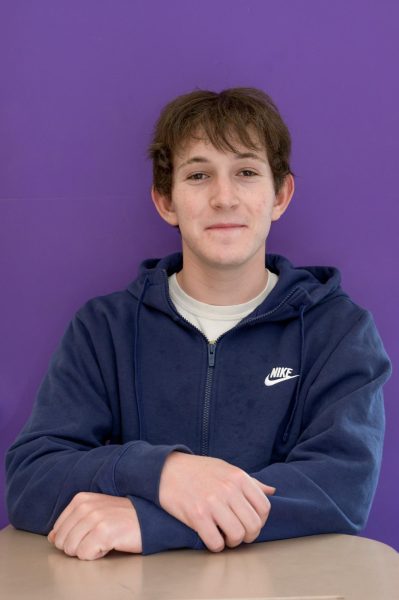Education in the United States is under attack. In Florida, the Parental Rights in Education Act, commonly called the “Don’t Say Gay” bill has barred discussion on sexual orientation in early education. In Texas, SB 17 banned Diversity Equity Inclusion (DEI) programs from public universities.
In Newton, after forty-five years of close partnership, administrators slashed the Understanding Our Differences (UOD) program from all fifteen of its elementary schools.
“Children are going to go without knowing what to do when they meet someone with a disability,” said Gary Alpert, a co-president of UOD. “It might lead to bullying.”
Unlike Texas and Florida, where Governors Greg Abbott and Ron DeSantis proudly show disdain for the “woke-isms” of acknowledging sexuality and honoring diversity in education, Newton Public Schools (NPS) claims to take pride in its supposed embrace of progress.
Regardless of whether or not it is intentional, NPS’s elimination of UOD will damage the wellbeing of students with disabilities both inside and outside the classroom.
I remember partaking in UOD courses myself when I attended Ward Elementary School. Being able to speak directly with people experiencing blindness, paralysis, autism, and the many other disabilities discussed by UOD really helped transform the people we learned about from other to another. The interactive activities in which we participated were groundbreaking in forming my understanding of the day-to-day challenges those with disabilities face and the importance of accessibility.
“To be completely honest, there has not been transparency in why we’re being removed,” said Alpert.
The UOD non-profit organization was founded in the late 1970s by a group of Newton moms whose children had become mainstreamed into general education. Fearing an exclusionary environment, they sought out a program to educate students about their children’s disabilities. After settling on a Rhode Island-based program, they brought it back to two of Newton’s elementary schools. Over decades, the group expanded throughout the 15 NPS elementary schools and beyond, spreading it to other districts.
Superintendent Dr. Anna Nolin claims UOD’s removal is justified by the overpacked curriculum, and she cites overlap between UOD and new content being added to the elementary school curriculum.
“The issue is, in the elementary schools, a lot of outside parent organizations are vying for time in the curriculum,” said Nolin, who pointed to a new elementary school program containing “several lessons on empathy and understanding” as a viable replacement for UOD.
But anyone who has been through UOD’s programs would know that a partial expansion to pre-existing content will not hold even a candle to UOD. Even Nolin herself acknowledged this calling the curriculum expansion a “replacement of sorts.” Adding that “it’s not exact but it’s something.”
Yet Alpert says that he does not “believe that NPS will find anything close to replicating and replacing what we have done for 45 years with the same amount of curriculum development and research.”
And why is overlap an issue? If the supposed replacement does not cover the same material as UOD, which it does not, then NPS should keep both. A surplus of disability education should not be considered an issue. UOD’s benefits go beyond its ability to uniquely educate. Unlike what has come to take its place, UOD is run primarily by people with disabilities.
“We need, want, and require people with disabilities to be the speakers and that they should be paid for their time,” said Alpert.
But this strength of UOD has, according to Nolin, also been a major reason as to why NPS has chosen to gut it. “I want to make sure that students are taught by highly qualified and certified teachers,” said Nolin.
Nolin’s reasoning is questionable. Who could be more qualified to teach about disabilities than those living with them? Nolin’s argument that those with disabilities may not be qualified to teach about disabilities has dark undertones concerning her views on employing equitably. Undertones which become more damaging when considering that, according to the Bureau of Labor Statistics, people with disabilities are two times more likely to face unemployment.
Furthermore, leaving people with disabilities out of the teaching process also lessens the quality and range of education. As Alpert put it, UOD is “not only about teaching about disabilities, it’s about teaching how to be a friend.” I would not have learned how to be a friend of someone with disabilities during my UOD experience if it hadn’t been for the speakers brought in by the program.
NPS has also made claims of UOD being outdated. However, what within UOD’s curriculum is outdated has not been made clear. In fact, Nolin admitted several times to not yet having reviewed UOD’s curriculum, casting doubt on her credibility when it comes to judging UOD which has, contrary to what she may think, made many changes throughout the years.
“We have updated, created, implemented changes, updated versions in language, and used tech,” said Alpert. “When I was a child, the autism unit didn’t exist, so NPS came to us and asked us to create an autism unit.”
In the end, the greatest victim of UODs departure will be the students with disabilities whose peers are no longer educated on how to treat them.
With no clear positive to the removal of UOD and a whole list of negatives, Newton must quickly reintroduce UOD into its elementary schools and keep it there. In a community that loudly denounces the backwards reductions to education in Florida and Texas, there is absolutely no excuse for us to be introducing a reduction of our own.
“We need to have all of this education,” said Alpert. “We need to have LGBTQ, people of color, people of all races, ethnicities, and socioeconomic statuses. It’s worrisome that much of this education is being removed. Is it on purpose, or is it coincidence? I don’t know, but it’s not a good thing, none of this should go away.”










































